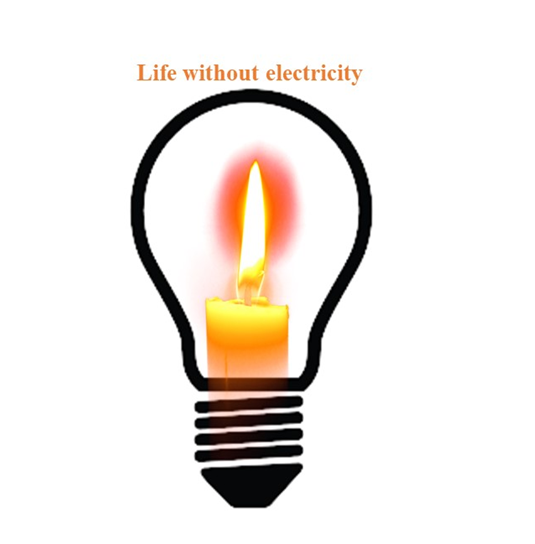RESISTANCE (To something..,)
Resistance to something..,
In general, we
usually come across the word "The Resistance," which means opposite
or against something. In electrical and electronics terminology, the same word
is termed "Electrical Resistance," which means against the electric current.
Yes, it does oppose the flow of electrons in a conductor. We all know that when
a conducting material is subjected to a force called an electromotive force
(e.m.f.), the free electrons present in the material come into motion in a
particular direction, and that flow causes the electric current to be produced
in that particular conductor. While the motion and direction of the electrons
depend upon the e.m.f. applied, for example, a material with high resistance
opposes the bulk flow of electrons such that the current produced in the
conductor will be less. According to Ohm's law, the e.m.f. is directly
proportional to the current produced. If the low e.m.f. is applied, it's
obvious that less current is produced. And for the same material, if excess e.m.f.
is applied, the excess amount of current should be produced, but it is opposed
by the resistance of the material, so that the excess current will be exhausted
in the form of heat just as comparing with a heavy flow of water leaks out of
the small diameter pipe. To explain this in a simple manner, water leaks (heat
dissipation) from a small-diameter (high resistance) pipe when a heavy water
flow (excess current) is passed from it. Here, the small-diameter pipe is
offering high resistance to the smooth water flow.
Thanks & Regards
ElectrINfinite & Team


Comments
Post a Comment